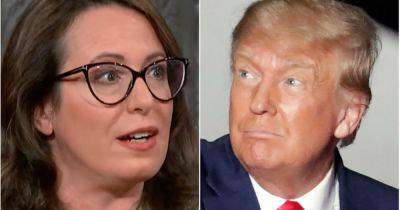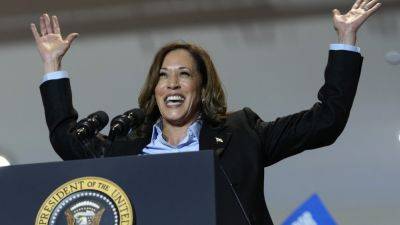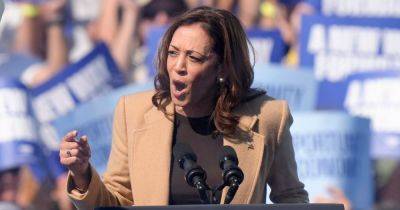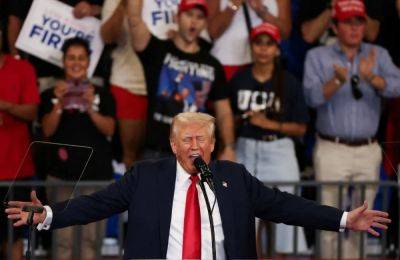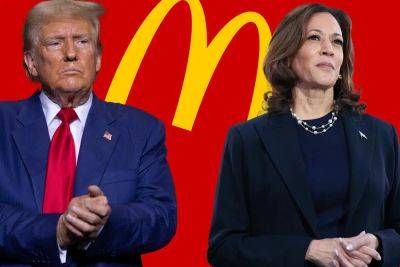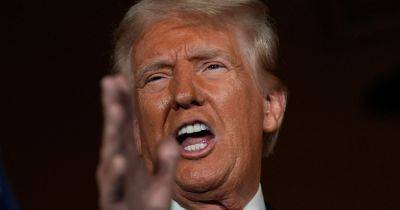Here’s why many election experts aren’t freaking out about certification this year
As the lead election official in one of the biggest counties in a swing state, Derek Bowens is thinking about a lot of things as voting season nears. His county just relocated its elections department into a more secure facility to protect from threats, and it unveiled an app to communicate accurate information directly to voters.
But one thing the election director of Durham County, N.C., is not worried about is election certification.
“I have not thought at all [about it],” Bowens said. “I don’t have any concerns. The law is clear.”
This is the first presidential election since Donald Trump’s sprawling nationwide effort to overturn the 2020 results, and watchdog groups and pundits have been sounding the alarm about the potential for mischief when it comes to certification. Finalizing vote tallies had typically been a mundane part of the election process, but it’s come under new focus, especially after Georgia’s state election board recently gave local boards there more latitude for investigation, even though that could violate state law.
Across the country, dozens of local officials this year are tasked with some role in certification who have shown an openness to refusing to do so, based on disproven or unsubstantiated election conspiracy theories, according to a recent report from the left-leaning Citizens for Responsibility and Ethics in Washington.
Despite that, election experts and the people actually in charge of tallying the votes are still projecting confidence in the certification process. That’s partly because of changes implemented since 2020 and partly because the legal system has shown an ability to be a backstop against political interference in the process.
“I'm feeling better than most people, but maybe


